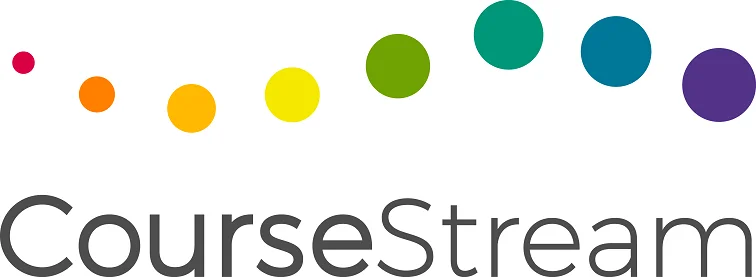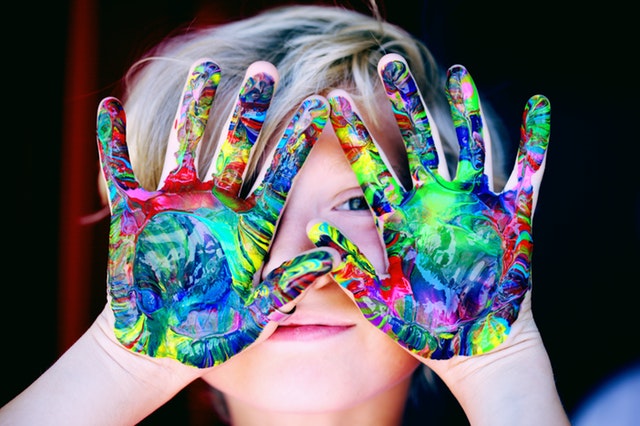Why Study this Child Psychology Course?
Have you ever wondered how children learn, develop, and what influences them? Well wonder no more, because this course will answer that and more!
This online child psychology course will give you the necessary knowledge you need to understand what influences children’s learning, intelligence and morality, how they develop their language, their sexuality and their cognitive development, their personal aspects of socialization and the impact of schooling and family on their personal development.
Distance Learning – Learn Child Psychology
Learn more about the psychology and development of children in this 100 hour online course.
Which is better nature or nurture? How do you understand the mind of a child? How do you affect their behaviour?
This child psychology course online is suitable for anyone wishing to better understand children including teachers, child care workers, parents and anyone living or working with children.
Who is this child psychology course for?
This online child psychology course is highly recommended for anyone who plans to work in psychology and child care, as well as anyone who works with children or plans to in the future. Great for schoolteachers and parents.
What you will learn in this online child psychology course
- Identify environmental and social aspects required for the ideal environment for a developing child.
- Explain how genetic and environmental factors operate together in influencing the child’s personality development.
- Provide evidence that a particular personality characteristic may be genetically determined.
- Explain how genetic and environmental factors operate together in influencing the child’s personality development.
- Identify the type of learning in which a stimulus which usually produces an unconditioned response is manipulated to produce a conditioned response, and give an example.
- Discuss exactly how you would use operant conditioning to encourage a child to socialise.
- Apply the perceptual recognition approach to explain smiling and fear in infants.
- Evaluate how Freud’s, Harlow’s and Bowlby’s explanations of the formation of mother-child attachments differ.
- Explain reflection-impulsivity and its significance in cognitive development.
- Explain the strengths and weakness of social learning theory in explaining language acquisition.
- Explain why you think that intelligence is or is not overall genetically determined.
Course Structure
Levels of development
Nature or nurture
Isolating hereditary characteristics
Cause versus correlation
Continuity versus discontinuity
Cross sectional and longitudinal studies
Reliability of verbal reports
The Interactionist approach
Range of reaction
Niche picking
Temperament stimulus seeking
Emotional disturbances during pregnancy
Sensory discrimination
Infant states (sleep, inactivity, waking, crying etc)
Why psychologists are concerned with defining and describing infant states
Habituation
Crying
Soothing a distressed baby
Sensory discrimination
Depth perception
Oral sensitivity
Habituation
Vicarious learning
Classical conditioning
Operant conditioning
Reinforcement
The importance of learning control, etc
Producing and recognising emotional expression
Smiling
Biological explanation
Perceptual recognition
Mother-child Attachment
Freudian approach
Bowlby’s approach
Social Learning approach
Harlow’s approach
Role of cognition in attachment formation
Day care
Developing the ability to reason.
Is language ability learned or innate?
Social Learning Approach
Hypothesis testing approach
Under extending
Measuring Intelligence
Cultural Bias
IQ
Testing Intelligence as a tool.
Social Cognition
Self awareness
Awareness of others
Development of empathy
Taking turns
Having a point of view/perspective
Social scripts
Pretend play
Moral development
Aggression and altruism
Freud
Piaget and Kohlberg on moral development
Freud’s phases (oral phase, anal phase, phallic phase, latent phase, genital phase)
Gender and role Identity
Psycho-social development
Family influence
Discipline
Siblings
Family structures
School influence
Peer influence
Acceptance and rejection
Modelling
Reinforcement.
Enrol Now
- Experienced Tutor support
- Certificate sent to you
- Online study (Printed notes available)
- Self paced - no set timetable
- 12 months to complete course
From: $25.00 / week for 26 weeks
Get a Free Info Pack!









